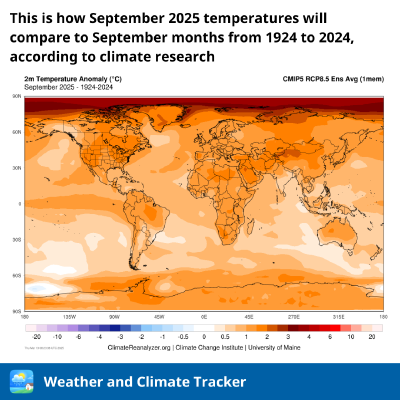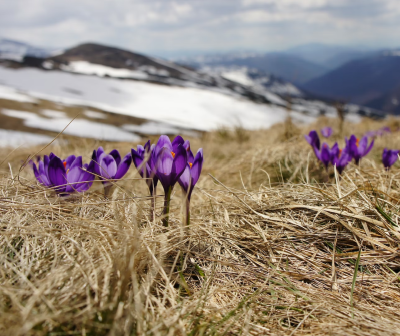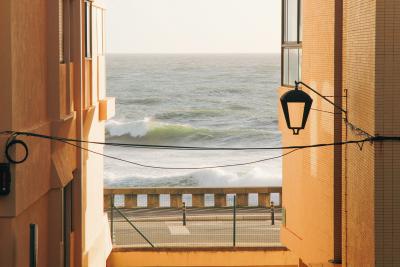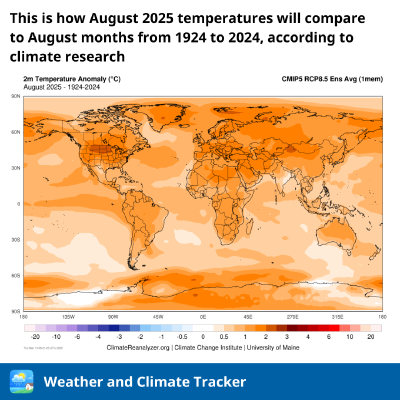
What is "Indian summer"?
What is “Indian summer” and when does it happen? Mid-autumn is the time for the “return of summer”. Though all of us understand pretty well that a couple of warm and sunny autumn weeks will soon be replaced by the first frost, we continue calling this short period as summer.
Read more...







